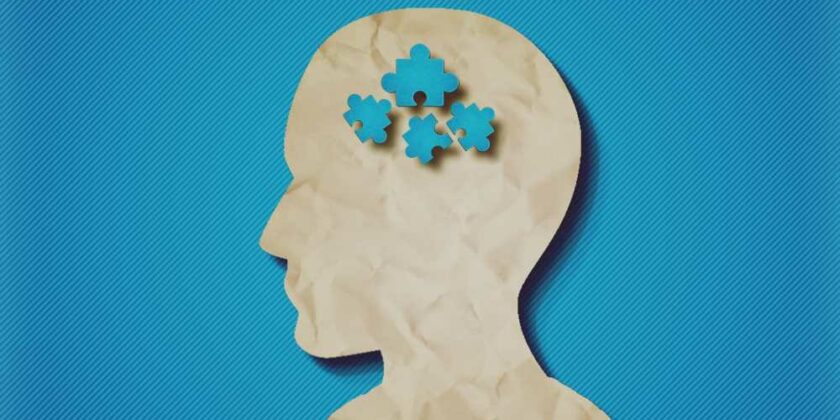WHILE many people might have preconceptions about how autism manifests, it can be tricky to diagnose.
There are about 700,000 autistic adults and children in the UK, with more than one in 100 Brits placing somewhere on the autism spectrum, according to the National Autistic Society.
But many – especially girls, women and non-binary people – won't get a diagnosis or are misdiagnosed. So prevalence numbers could be higher, according to the charity.
A study published on the Lancet in April this year suggested that between 435,700 and 1,197,300 people in England may be autistic and undiagnosed.
Dr Carla M. Shuman, a clinical psychologist who works with many autistic and neurodivergent people, told Insider that this might be because autism is "way more complex" than diagnostic definitions that specialists follow to reach a diagnosis.
UK doctors might use criteria from diagnostic manuals known as the ICD-10 or DSM-5.
Read more on autism

Playing with dolls 'could help children with autism learn social skills'

What is stimming? Signs to look out for in children and teenagers
But Dr Shuman argued that these criteria need to keep evolving and outlined five subtle symptoms that could indicate someone has autism – including some that aren't in official guidance like the DSM-5 that's used in the US.
1. You often feel misunderstood
Autistic people can often feel misunderstood by those around them, Dr Shuman said.
They might feel like they've offended someone without meaning too or committed a grave social faux pas unintentionally.
She gave the examples of standing too close to someone without realising, doing all the talking while chatting with others, or not realising that someone wants to change the subject because you feel passionate about something.
Most read in Health

Forget long Covid! Long COLDS are a thing, scientists find – are you a victim?

Blood test that looks for 50 cancers ‘can detect them BEFORE symptoms develop’

Supervised toothbrushing in schools would be introduced by Labour if they win

Mysterious paralysing ‘illness’ leaves 95 schoolgirls in hospital in Kenya
2. You struggle with casual conversations
Though this will vary based on where someone is on the autism spectrum, Dr Shuman said some autistic people might find it hard to strike up a casual conversation and maintain it.
This symptom can be especially apparent in situations in which "they're forced to be chatty, to make small talk at work parties or happy hours," the clinical psychologist said.
3. Disruption of your routine or plans upsets you
One characteristic of autism can be inflexibility, according to Dr Shuman.
That's why changes to their routine could make them "emotionally volatile over something that most people would adjust to", she explained.
Someone on the spectrum might also struggle to regulate their emotions when they become irritated or upset.
4. You have aversions to certain noises or textures
Someone with sensory issues might have problems with processing information from their senses like sight and sound, which can overwhelm or agitate them.
While they're not officially recognised in the DSM-5 as autism symptoms, Dr Shuman said almost all of her autistic clients struggle with sensory issues.
She said some of her clients use wear noise-canceling headphones because they get overstimulated in loud, crowded environments.
Others are sensitive to certain clothing textures.
5. Trying to fit in exhausts you
People with autism might work to adapt to social cues, in what's often called "masking".
Dr Shuman described it as "playing a part in a play just to get by", adding that many more autistic women tend to do this than men.
Read More on The Sun

Thief stole my £2k camera from beach – then wrote to tell me it was karma

I’m Queen of being a s**t mum and forgot my kid when I went to Tesco
While they might look like they fit in on the surface, it can be a tiring and overwhelming task to autistic people.
"They get worn out a lot more easily, they end up losing a lot of energy because they're trying to do stuff that is not intuitive to them," Dr Shuman explained.
Source: Read Full Article

